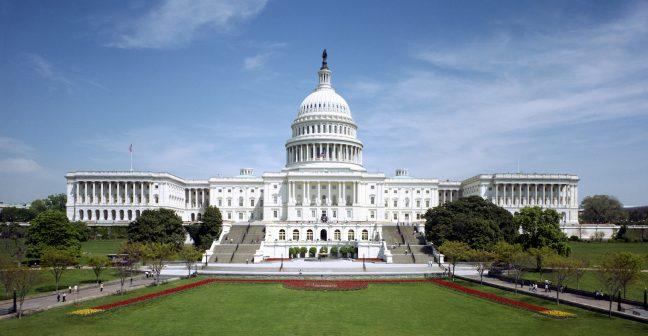On Monday, February 3, the first primary election took place in the form of a caucus in the state of Iowa.
A glitch in the newly created app designed to simplify the reporting process for precincts in Iowa prohibited them from reporting their results. Precinct leaders instead started calling the Democratic National Committee in Des Moines to report, but waited for hours due to busy phone lines. Twenty-four hours after the caucuses ended, there were still reports missing.
Somewhat more interesting was the creation of satellite caucuses for the first time in 2020. Satellite caucuses are the solution to Iowa’s long-time problem of voter accessibility, while still maintaining their first-state status in the presidential race.
Satellite caucuses are caucus locations in nontraditional places such as nursing homes and workplaces intended to be more accessible. Other satellite caucuses took place outside the state of Iowa, three even occurred out of the country in Paris, France, Glasgow, Scotland and Tbilisi, Georgia― three cities with passionate Iowans.
Most notable to Wisconsinites is perhaps the first Iowa caucus to occur in Wisconsin. Marquette University hosted the caucus for Iowans which was so small that to reach the candidate viability threshold — 15% of caucusers — each candidate only needed two votes. The Marquette caucus lasted only twenty minutes, whereas some Iowa precincts lasted a few hours.
This decision to increase accessibility by satellite locations was made after a failed proposal to vote absentee virtually. That proposal was succeeded by the proposal to simply submit absentee ballots, much like any other state that casts votes by the ballot. But, Iowa was so afraid of losing their status as the first primary state of the presidential election cycle that they shot that idea down as well.
Iowans are privileged to be the first state for the presidential primaries for several reasons. Candidates’ campaigns constantly hold rallies, knock on doors, make phone calls, go to the State Fair, meet Iowans and above all — they make their stances known to all who want to listen. For political fanatics, Iowa is a place for enthusiasts to visit to watch caucuses and see candidates they otherwise would not have the opportunity to see.
Iowa, and to a lesser extent New Hampshire, become states that determine the rest of the presidential primary race. Analysts spend much of their time predicting and discussing possible outcomes and their ramifications for the rest of the race, which always seem to change after Iowa takes place.
When the spotlight is on one state, questions are raised.
Because of caucuses and the amount of time and resources spent by candidates, their staff and volunteers, Iowa becomes the perfect environment for grassroots organizations to thrive — and they have.
But this begs the question of whether or not polling should determine eligibility for the Democratic debates, as polling does not accurately reflect the strength of the grassroots campaign. Especially with a massive number of candidates, many great candidates are being eliminated before most of the country has tuned in, as Sen. Cory Booker (D-NJ) has argued.
Perhaps more pressing of a question is determining whether or not a 90% white state such as Iowa — and New Hampshire for that matter — should be the determining state when the country’s demographics are closer to 60% white, and the Democratic party’s demographics are near 40% people of color.
These arguments — paired perfectly with the caucus night debacle — point to the conclusion that perhaps it is time to look to another state for the first primary. Even with the addition of satellite caucuses, Iowa is still extremely inaccessible per the strict caucus rules that result in hours-long, tiresome caucusing in a state that is the last one to bar ex-felons from voting for life.
The exclusive nature of this event makes it alarmingly evident that our voting systems reflect many of the problems we see in our country today. A preference to white people, the inescapably chained life of an ex-convict, unnecessary burdens to parents with small children, malfunctioning operations, fights erupting from political disagreement and worst of all — stubborn traditions that are unwilling to change for the better.


